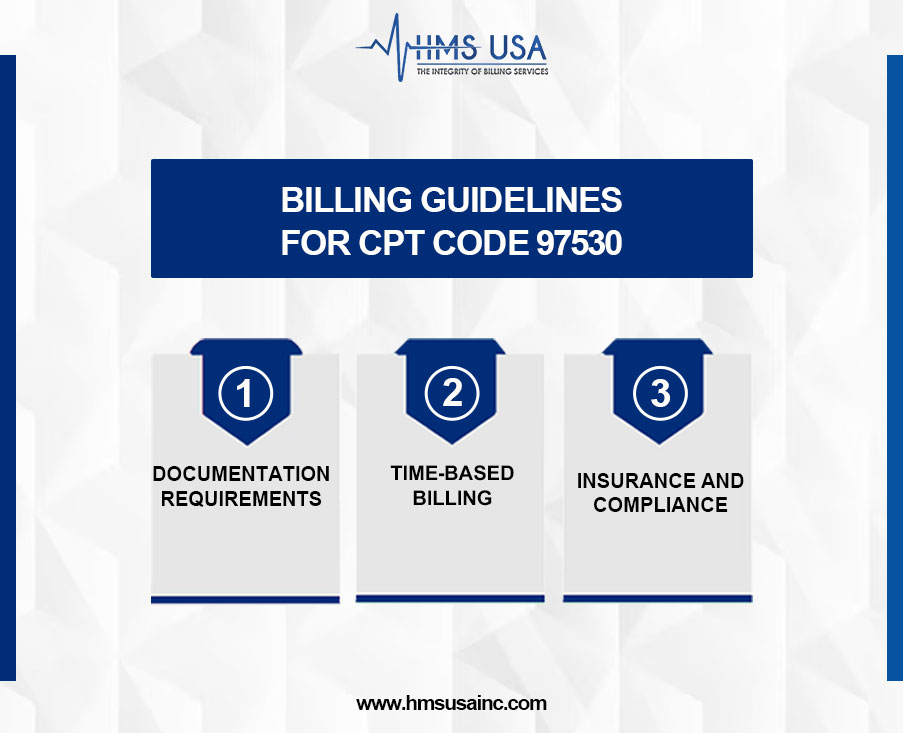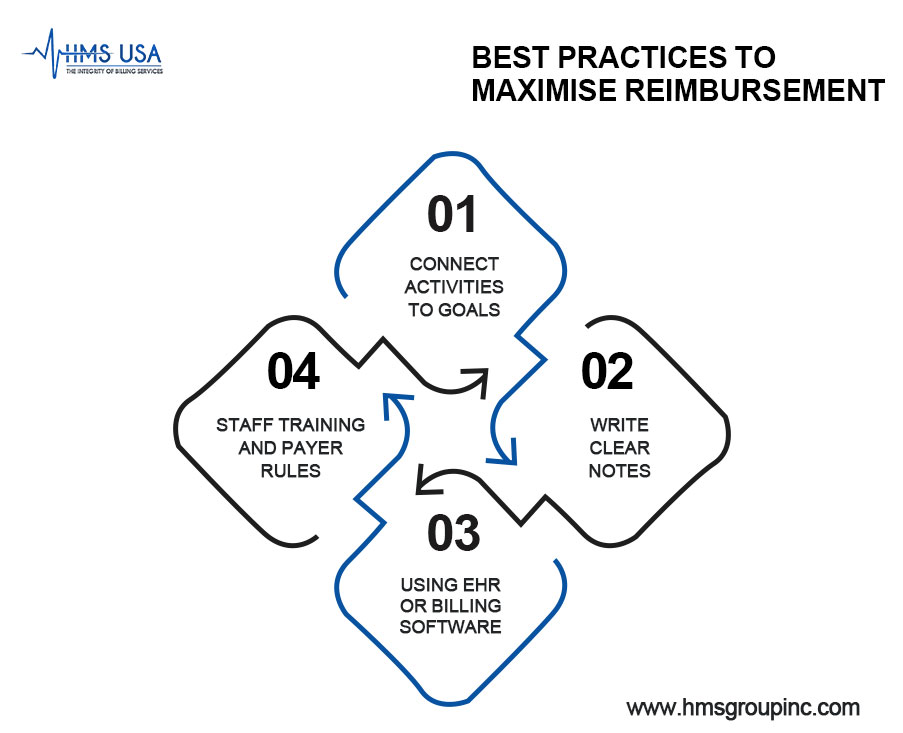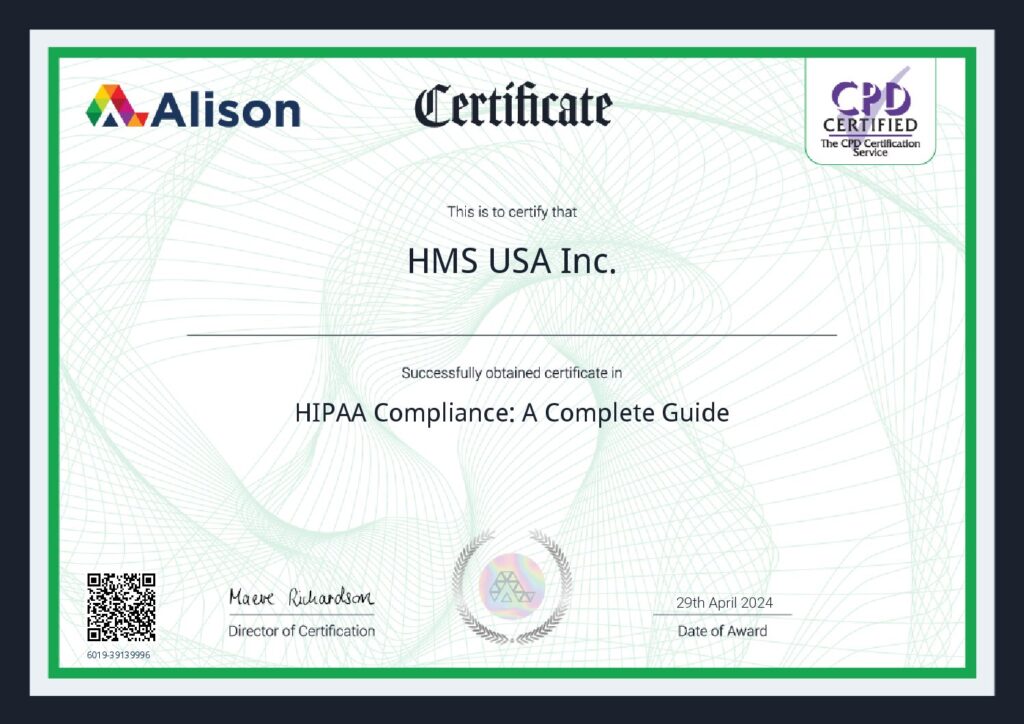In healthcare, every service a provider gives, like an exam, test, or therapy session, has a special code called a CPT code. These codes make sure doctors, therapists, and insurance companies all understand exactly what service was provided and how it should be paid for.
In physical and occupational therapy, correct coding is significant. Since many treatments can be similar, using the proper code helps providers get paid on time and ensures patients’ care is recorded accurately.
One code you might hear about is CPT Code 97530, which is used for therapeutic activities. This blog will explain what that means in simple terms, when it’s used, and how it helps in physical therapy.
What is CPT Code 97530?
CPT Code 97530 is used when therapists work with patients through real-life, goal-focused activities that improve movement and daily function. These activities go beyond basic exercises and may include things like practising standing up from a chair, lifting objects, or walking on uneven ground.
Therapists use this code when the treatment is hands-on and designed to help patients build strength, balance, and coordination for everyday tasks.
CPT Code 97530 in Physical Therapy
CPT Code 97530 is used in physical therapy when treatment focuses on helping patients do everyday activities. Instead of just exercising specific muscles, the therapist designs tasks that look and feel like real-life movements.
Examples include:
- Climbing stairs to improve home mobility.
- Lifting objects to practice work-related tasks.
- Balance training to prevent falls.
- Movements like pushing, pulling, or carrying.
How it’s different
CPT 97110 (Therapeutic Exercise): Simple exercises to build strength, flexibility, or movement.
CPT 97530 (Therapeutic Activity): Real-life, goal-oriented activities that help patients function better in daily life.
Using the correct code makes sure therapy is billed correctly and patients get care that truly supports their everyday needs.
Billing Guidelines for CPT Code 97530

- Documentation Requirements
Good documentation is the key to getting paid for CPT Code 97530. Therapists should clearly write down what activities were done, why they were done, how long they took, and how they help the patient reach functional goals. Without these details, insurance companies may not accept the claim.
- Time-Based Billing
This code is billed in 15-minute blocks. Therapists need to record the exact time spent with the patient. Estimating or rounding up the time can cause denials or even audits.
- Insurance and Compliance
Insurance companies want proof that the activities are medically necessary and not just general exercise. Notes should also show patient progress and follow each payer’s rules, like pre-approvals or limits on how many units can be billed.
Common Challenges with CPT Code 97530
- Denials for medical necessity: Claims are often denied if the activity looks like regular exercise without a clear therapeutic purpose.
- Weak documentation: Missing or vague notes about what was done, how long it took, or how the patient responded can cause claim rejections.
- Confusing it with other codes: 97530 covers functional activities, while 97110 is for strengthening or flexibility exercises. Mixing them up leads to errors and payment delays.
Need Help With CPT 97530 Billing?
Partner with HMS USA Inc. for expert medical billing and coding support. Our specialists ensure accurate claim submission, reduce denials, and maximise your reimbursements.
Best Practices to Maximise Reimbursement – Tips for Accurate Coding and Documentation
- Connect activities to goals: Each therapy activity should clearly relate to a patient’s goal, such as walking better or managing daily tasks.
- Write clear notes: Record what was done, why it was done, and the results. Include measurable progress, like better balance or increased mobility.

- Using EHR or Billing Software: Electronic health record (EHR) systems and billing software make billing easier and more accurate. Tools like automatic time tracking, coding reminders, and claim checks can help prevent mistakes before submission.
- Staff Training and Payer Rules: Training therapists, coders, and billing staff is essential. Knowing the specific rules of each insurance payer, like what documentation they require or how many units they allow, helps reduce claim denials. Regular staff updates and audits keep billing accurate and compliant.
Closing Words
CPT Code 97530 is an essential code for billing therapy services the right way. When used correctly, it helps providers get paid on time and makes sure patients don’t face delays in their treatment. By keeping up with coding updates, writing clear notes, and getting regular training, providers can avoid denials, improve payments, and give better care to their patients.
Need help with medical billing or coding? Contact HMS Group Inc. today to get expert support and make your billing process
easier and more accurate.
FAQs
What does CPT Code 97530 cover?
CPT 97530 is used when therapists provide therapeutic activities that help patients improve movement, strength, and independence. These are practical, real-life tasks such as transferring from a chair to a bed, climbing stairs, or practising balance.
How is 97530 different from 97110 (therapeutic exercise)?
The main difference is the goal. CPT 97110 is for structured exercises that build strength, range of motion, or endurance. CPT 97530, on the other hand, focuses on functional activities that prepare patients for daily tasks. Think of it as exercise vs. real-life practice.
Can 97530 be billed with other therapy codes?
Yes, it can be billed together with other codes like 97110, but only if the activities are separate and adequately documented. Insurance companies often review these claims closely, so detailed notes are essential.
Is CPT 97530 time-based?
Yes. This code is billed in 15-minute units. Therapists need to carefully record how much time they spend with each patient during the activities.
What documentation is required for 97530?
Notes should clearly state:
- What activities were done?
- Why were they needed (functional purpose)?
- The patient’s goals.
- The exact time spent.
Good documentation helps prove medical necessity and reduces the risk of claim denials.











